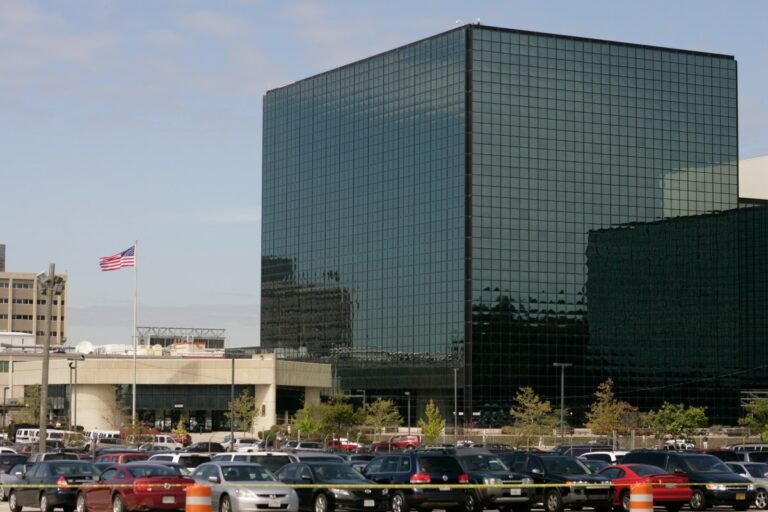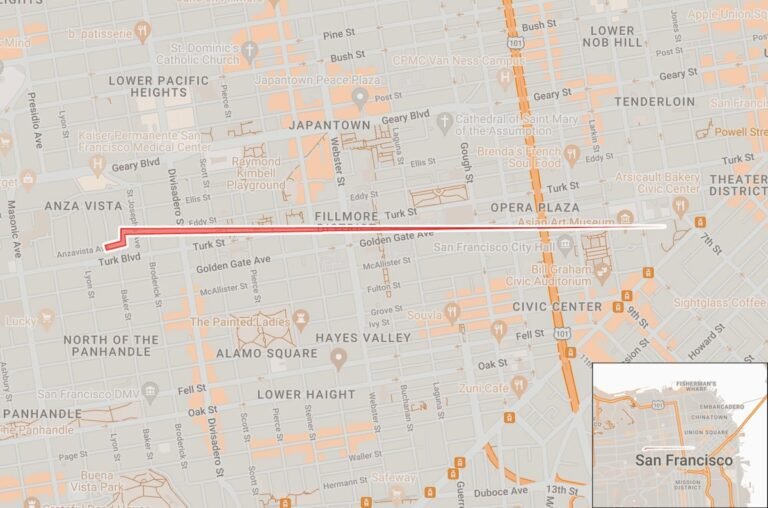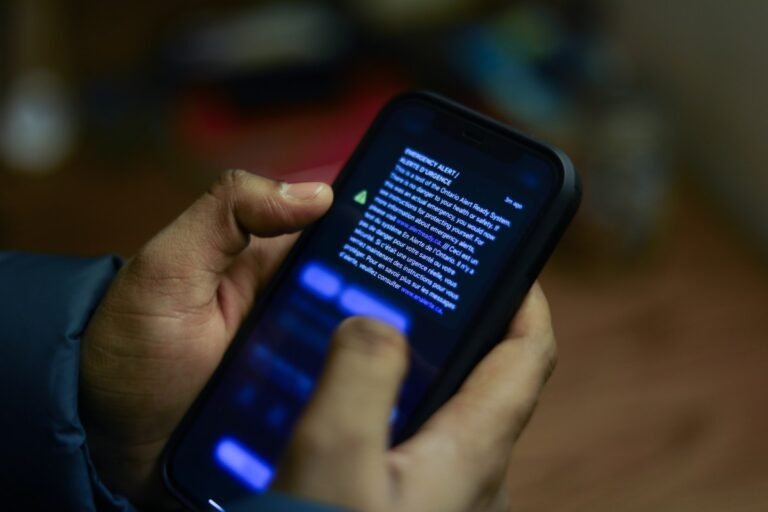
The U.S. National Security Agency is buying vast amounts of commercially available web browsing data on Americans without a warrant, according to the agency’s outgoing director.
The NSA did not say from which providers it buys commercially available internet records.
Previous reporting shows the Defense Intelligence Agency bought access to a commercial database containing Americans’ location data in 2021 without a warrant.
A week later, the FTC brought similar action against InMarket, another data broker, saying the company did not obtain users’ explicit consent before collecting their location data, and banned the data broker from selling consumers’ precise location data.
When reached by email, NSA spokesperson Eddie Bennett confirmed the NSA collects commercially available internet netflow data, but declined to clarify or comment on Nakasone’s remarks.

But errors in the geofence warrant applications that go before a judge can violate the privacy of vastly more people — in one case almost two miles away.
It’s not known which law enforcement agency requested the nearly two-mile-long geofence warrant, or for how long the warrant was in effect.
The ACLU attorneys reviewed thousands of geofence warrants filed in San Francisco Criminal Court that were issued over three years between 2018 and mid-2021, which they say was likely only a fraction of geofence warrants used in San Francisco during that time.
The attorneys’ findings also showed the geofence warrants disproportionately targeted certain San Francisco neighborhoods more than others, particularly immigrant-heavy areas like Portola.
Other tech companies that store troves of users’ location data — like Uber, Microsoft and Yahoo (which owns TechCrunch) — are known to receive geofence warrants.

Apple said it will no longer give over records of users’ push notifications to law enforcement unless the company receives a valid judge’s order.
For its part, Google requires a court-issued order before it will hand over push notification data.
Apple did not respond to a request for comment, or say for what reason it previously allowed law enforcement to obtain users’ push notification data without a warrant.
Push notifications appear as pop-up messages on a phone alerting the user to new messages, breaking news, and other app-based updates.
Wyden said unnamed foreign governments are also demanding Apple and Google turn over users’ push notification data.






